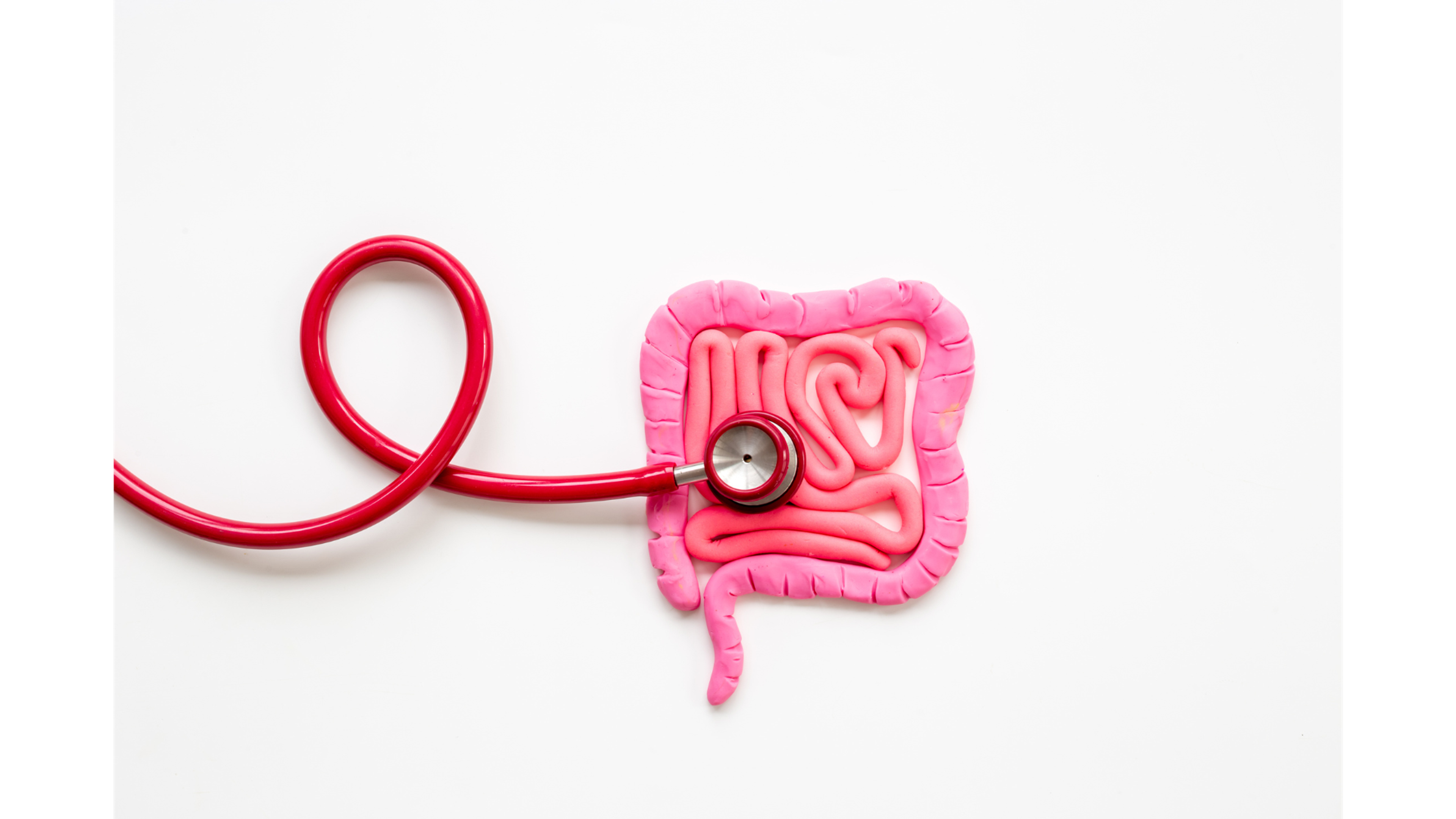Unraveling the Link Between Heart Health and Dementia

You’ve likely been told that maintaining a fit cardiovascular system has numerous benefits including healthy cholesterol and blood pressure levels, as well as reduced risk of heart disease, heart attack, and stroke. However, did you know that a healthy heart actually reduces your risk of dementia and neurodegenerative disease? Dr. Kellyann Niotis, Director of Parkinson’s and Lewy Body Dementia Prevention Research at IND, explains how the health of your heart and the health of your brain are highly interconnected.
Cardiovascular implications of the APOE gene
Apolipoprotein E, or APOE, is the most common gene associated with risk of developing late-onset Alzheimer’s disease. There are three variations or alleles of this gene, referred to as ε2, ε3, and ε4; each individual possesses two APOE alleles, with one inherited from each parent. APOE2 has been shown to exert protective effects against dementia risk, APOE3 is seemingly neutral, and APOE4 has been shown to significantly increase risk of Alzheimer’s disease and other dementias.
The ApoE protein, encoded by the APOE gene, is involved in cholesterol metabolism and transport throughout the entire body, but especially the brain. It helps facilitate the transport of lipids and cholesterol between different cells in the brain.
Dr. Niotis explains:
"Brain cells need cholesterol for their cell membranes to maintain fluidity and integrity. They also need cholesterol to synthesize things like important neurotransmitters, which help you move and help you think. So people with this APOE4 gene, for example, make a protein of ApoE that isn't as efficient at delivering cholesterol between different brain cells."
It may be surprising to learn that the most studied Alzheimer’s risk gene is involved with cholesterol. However, cholesterol is essential for brain function, and the brain is the most cholesterol-rich organ in the body.
Cholesterol’s role in brain health
When cholesterol isn’t properly delivered between cells in the brain, particles of cholesterol can build up inside neurons and cause neurotoxicity and cell death. Outside of the brain, impaired ApoE function can promote cardiovascular disease or atherosclerotic disease. Individuals with the APOE4 allele have been shown to have higher LDL cholesterol and Apolipoprotein B, or ApoB, levels. ApoB is also responsible for carrying lipids throughout the bloodstream including LDL cholesterol, or the “bad” cholesterol.
Dr. Kellyann Niotis explains that elevated levels of ApoB and LDL cholesterol, “causes plaque buildup in your arteries and blood vessels that can lead to heart disease and heart attack. So while this gene [APOE4] can impact the way that your periphery metabolizes and disposes of cholesterol, it also has impacts in the way that your brain utilizes and disposes of cholesterol.”
However, even in individuals without an APOE4 allele, there still is a link between cardiovascular disease and dementia. “So if you do have high cholesterol, high ApoB, and that's causing narrowing of the blood vessels in your heart and your legs, your neck, it's also going to affect the blood vessels in your brain,” shares Dr. Niotis.
As you can imagine, your brain requires a lot of nutrients for it to function properly. When blood is delivered to the brain, it supplies it with oxygen, glucose, and essential vitamins and fatty acids. If high cholesterol leads to a blockage in the blood vessels, less blood will be able to flow to the brain, causing it to become deprived of these vital nutrients.
The importance of monitoring blood pressure
To stay on top of your cardiovascular and neurological health, Dr. Niotis emphasizes the importance of monitoring your blood pressure. She states that “if you do ever have a reading of high blood pressure in your doctor's office, it's really worthwhile monitoring your blood pressure at home on your own and making sure that that top number is really in the 120s [or below], because that seems optimal for overall brain health.” Your heart and your brain will thank you for your diligence!
To learn more about the connection between cardiovascular disease and dementia, watch our conversation with Dr. Kellyann Niotis in the video above.
By Alicia J. Barber, PhD
-
Disclaimer
The Video and Written Educational Content included on this site is not intended to be a substitute for professional medical advice, diagnosis, or treatment. Always seek the advice of your physician or other qualified health provider with any questions you may have regarding a medical condition. Never disregard professional medical advice or delay in seeking it because of something you have read or seen on the Site.
The information contained in the Educational Content posted represents the views and opinions of the individual in the recording and does not necessarily represent the views or opinions of IND. The mere appearance of Educational Content on the Site does not constitute an endorsement by IND or its affiliates of such Content.
The Educational Content has been made available for informational and educational purposes only. IND does not make any representation or warranties with respect to the accuracy, applicability, fitness, or completeness of the Content. IND does not warrant the performance, effectiveness or applicability of any sites listed or linked to in any Content. IND hereby disclaims any and all liability to any party for any direct, indirect, implied, punitive, special, incidental or other consequential damages arising directly or indirectly from any use of the Content, which is provided as is, and without warranties.